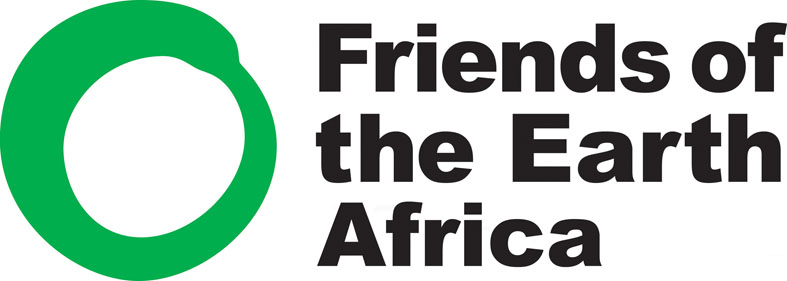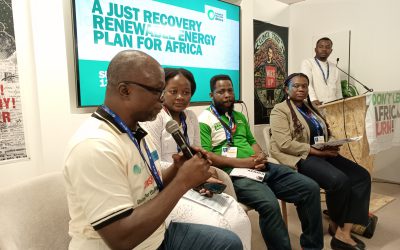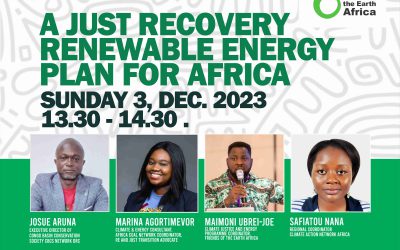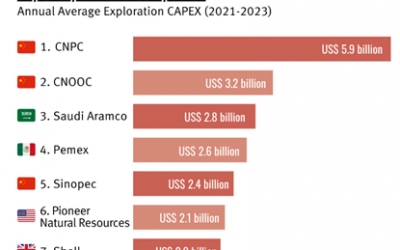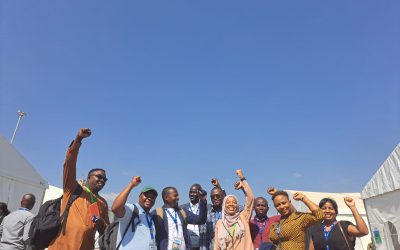We, organizations in Friends of the Earth Africa, the African Climate Justice Group, and Friends of the Earth Japan stand in solidarity with the people and Nature of Mauritius. We send our salutes and commend the Mauritian people in their incredible collective efforts, passion and commitment towards containing the spill and its impacts. Nevertheless, we condemn in the strongest possible terms, the oil spill from a Japanese owned ship, MV Wakashio and the demonstrated incompetence of the incumbent authorities in preventing it, and in dealing with the spill’s aftermath .
The Japanese owned ship, MV Wakashio, carrying 4,000 metric tons of oil, ran aground just off the coast of the small island nation of Mauritius on July 25, 2020 and broke apart on Saturday August 15, 2020.
Over 1000 metric tons of the oil in the ship has spilled into the surrounding waters and there are concerns that more oil will spill from the ship. This spill is already and will continue to cause substantial damage to the Island’s ecosystem and local livelihoods. This without mentioning the expected long-term damage to marine environments expected from the disposal of the shipwreck after it is removed.
Mauritius is a biodiversity hotspot and the spill occurred near two environmentally protected marine ecosystems and the Blue bay marine reserve park which is a wetland of immense international significance. Coral reefs, protected lagoons and the nation’s shorelines have already been impacted.
The slow governmental response to cleanup the over 1000 tonnes of oil is adding to the severity of the impact on coral reefs, mangroves, fish spawning sites, tourism as well as fishing livelihoods, some of them tragically considered damaged beyond repair. The growing drive for natural resource exploitation, and track-record of poor management in the extractive and tourism sectors will intensify the range and frequency of such disasters, and conversely reduce the resilience of human populations to withstand them.
The true cost of this will inevitably be borne by all communities within the region.
Incidents like this clearly demonstrate why it is important to have strong laws and regulations in place to protect our ecosystems and local livelihoods. The pressure on African governments to relax the already ineffective environmental and social safeguards that exist in their energy, mining, transport, and agricultural sectors is enormous.
We note that Africa is on the frontlines of the climate crisis, bludgeoned daily by the impacts of the crisis with minimal resources to confront and reduce the impacts. The intensification of the climate crises clearly indicates that we can no longer continue with a global economic and social system that is addicted to fossil energy and other extractive industries. This will invariably lead usto the destruction and desecration of our rivers, lands, air, our common heritage, our home – Planet Earth.
In these uncertain times with the world confronting multiple crises: energy, biodiversity, hunger, indebtedness, unemployment, wars and manipulated extremism, deforestation, climate change, desertification as well as a decayed health infrastructure, to name a few, in the midst of a global COVID 19 pandemic whose roots are intrinsically linked to climate change, a disaster like this oil spill has a way of producing real change. Right now, plunged in this moment of crises, we havewe, the space to apply our collective imagination to build the framework of a new, low pollution, low carbon economic and a social development system in harmony with the dictates of our ecosystem.
The African Climate justice Group, Friends of the Earth Africa and Japan call on Mitsui O.S.K. Lines, Ltd. (of the Mitsui group), the Japanese company implicated in this unfortunate incident to immediately take steps to contain, cleanup and remediate the devastated ecosystem in Mauritius.
We also call for the solidarity of African and International entities to collaborate for the full restoration of the affected environments, including saving the coral reef on which the ship ran aground as much as possible to the state it was before the spill to enable the people of Mauritius to go back to their usual livelihood practices.
We call for full compensation to individuals and businesses that have lost income as a result of this incident.
We call for clean renewable, community owned and controlled energy to drive low carbon and low pollution development across Africa and an Africa wide framework to achieve this goal
We also call for the international conventions and laws that govern our seas to be tightened, and compensation for Mauritius, for the negative environmental and socio-economic impacts that are still unfolding.
We call on local communities, activists and governments to work to ensure that transnational corporations do not continue to define and drive the development process on the continent, including by supporting binding legislation to regulate these entities at national, regional and international level, in order to put an end to corporate impunity.
Ban Kamarads, pep Mauricien! PAMOJA! We are One with you in mourning the loss, and commit our best to support the recovery!
CLIMATE JUSTICE NOW!
For further comment, contact:
Anabela Lemos: +258 84 447 7081 / anabela.ja.mz@gmail.com
Dipti Bhatnagar: +258 84 035 6599 / dipti@foei.org
Ekue Assem: +228 93 84 1930 / darius.assem@gmail.com
Graca Samo: +258 82 651 9040 / gracasamo@gmail.com
Micheal Keania Karikpo: +234 803 552 6729 / keania2002@yahoo.co.uk
Trusha Reddy: +27 82 795 3135 / Trusha.Reddy@womin.org.za
COP28: Statement by African CSOs
A just transition to 100% renewable is possible That the African continent is suffering from poly crises is no longer news. But of importance at this United Nations Framework Convention on Climate Change COP28 is the climate crisis confronting the continent. As a...
Media advisory, 28 November 2023.
Friends of the Earth Africa hosts a wide delegation with spokesperson available from the continent of Africa at the UN climate talks in Dubai, 1–12 December 2023. There is an urgent need for a radical, fare and just phase out of all fossil fuels if Africa is to remain...
Latest data reveals global increase in fossil fuel dependence
The latest Global Oil and Gas Exit List (GOGEL) just published by Urgewald, tells a damning story of the oil and gas industry, which continues to support new oil and gas projects in the midst of our climate emergency. The updated GOGEL is supported...
Nairobi Declaration a far cry from a Just energy Transition to People Led 100% Renewables
NAIROBI, September 6, 2023 Friends of the Earth Africa joined leaders and comrades from across the African region and the world for the inaugural Africa Climate Summit (ACS) in Nairobi, Kenya, which was held from 4th to 6th September 2023 to discuss Climate change,...

Member groups
Cameroon Nigeria
Ghana Tanzania
Tunisia
Liberia Togo
Mali Uganda
Mauritius Sierra Leone
Mozambique South Africa
